May 27, 2025 | 16:30 GMT +7
May 27, 2025 | 16:30 GMT +7
Hotline: 0913.378.918
May 27, 2025 | 16:30 GMT +7
Hotline: 0913.378.918
Although plastic offers many conveniences for modern life, humanity’s growing dependence on single-use plastic products is causing serious consequences for the environment, human health, society, and the economy.
According to the United Nations Environment Programme (UNEP), one million plastic bottles are consumed every minute worldwide, and up to 5 trillion plastic bags are used every year. Alarmingly, half of all plastic produced today is designed for single use - used briefly and then discarded.
Plastic, including microplastics, has permeated every corner of the natural environment. It has not only entered the food chain but also become part of Earth’s "fossil record," seen as a hallmark of the Anthropocene - the era in which human activity shapes the planet’s geology. Remarkably, plastic has even given rise to a new marine microbial ecosystem called the “plastisphere,” referring to communities of organisms that live on floating plastic debris in the ocean.
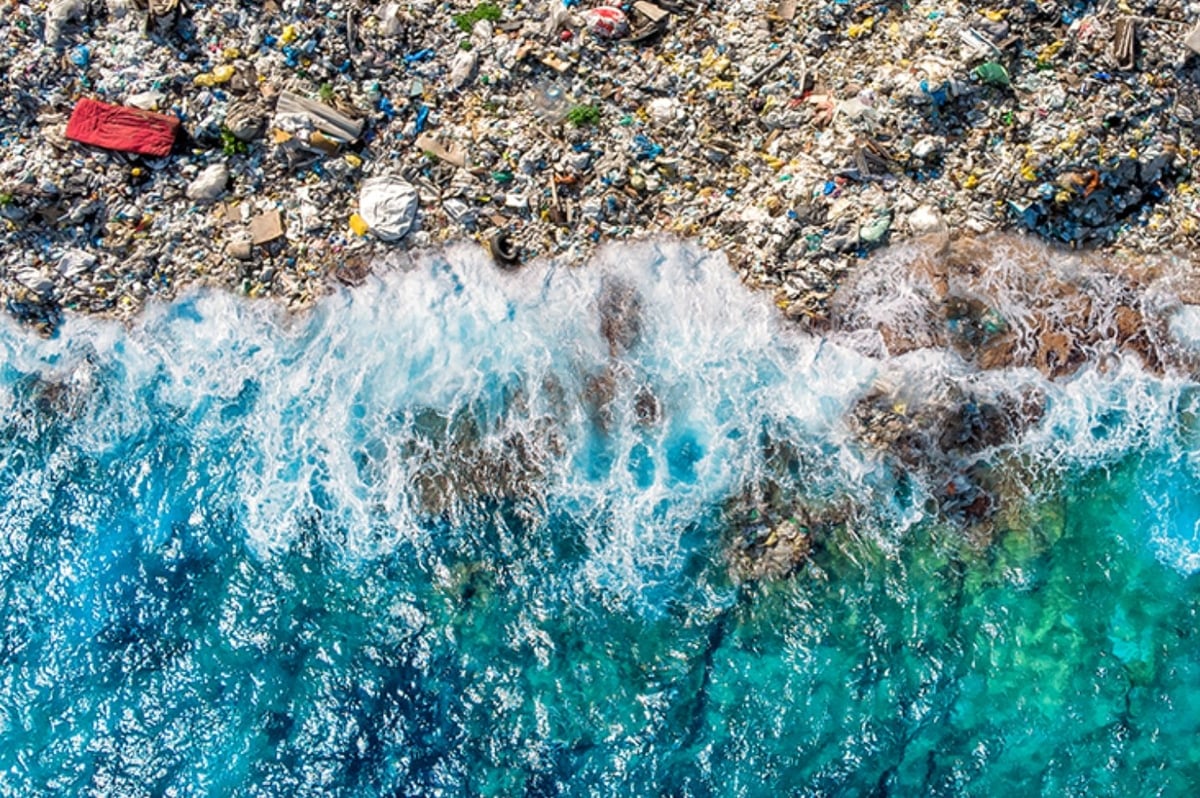
World Environment Day 2025 emphasizes the message of "Beat Plastic Pollution". Photo: UNEP.
Since the 1970s, the rate of plastic production has increased rapidly, outpacing that of any other material. If this trend continues, global production of virgin plastic could reach 1,100 million tons by 2050.
Currently, about 36% of all plastic produced is used for packaging - mainly in the food and beverage industry - and around 85% of that ends up in landfills or is discarded as unprocessed waste.
In addition, approximately 98% of single-use plastic products are made from fossil-based raw materials, also known as virgin plastics. Greenhouse gas emissions from the production, use, and disposal of traditional plastic are projected to account for up to 19% of the global carbon budget by 2040.
Although single-use plastic is a common part of daily life, it is a major source of pollution. Of the approximately 7 billion tons of plastic waste generated to date, less than 10% has been recycled. Millions of tons of plastic leak into the environment or are transported across borders, with most being incinerated or landfilled. Each year, the economic loss due to the diminished value during plastic waste sorting and processing is estimated at 80 to 120 billion USD.
Cigarette butts, with filters containing microplastics, are the most common form of plastic waste found in the environment. They are followed by food packaging, plastic bottles, bottle caps, plastic bags, straws, and stirrers that seem harmless products that are in fact contributing to ecosystem degradation.
It is estimated that 75 to 199 million tons of plastic are currently present in the oceans. Without changes in the way plastic is produced, consumed, and managed, plastic entering aquatic ecosystems could nearly triple, from 9–14 million tons per year in 2016 to 23–37 million tons annually by 2040.
Notably, around 1,000 rivers worldwide - mainly small urban rivers - are responsible for transporting nearly 80% of plastic waste from land into the ocean, equivalent to 0.8 to 2.7 million tons each year.
This situation demands urgent global action to address the escalating plastic pollution crisis.
In response to the urgent challenge of plastic pollution, World Environment Day 2025 has adopted the theme "Beat Plastic Pollution", with South Korea selected as the host country for official celebrations.
Jeju Island, the venue for World Environment Day, is the only administrative region in South Korea that requires household waste to be processed at designated recycling support centers. This system obliges residents to sort waste at the source, helping to increase recycling rates and promote reuse. Jeju is also the first province in South Korea to implement a deposit-return system for single-use cups, encouraging sustainable consumption habits. Since 2022, the province has declared its goal of becoming plastic pollution-free by 2040.
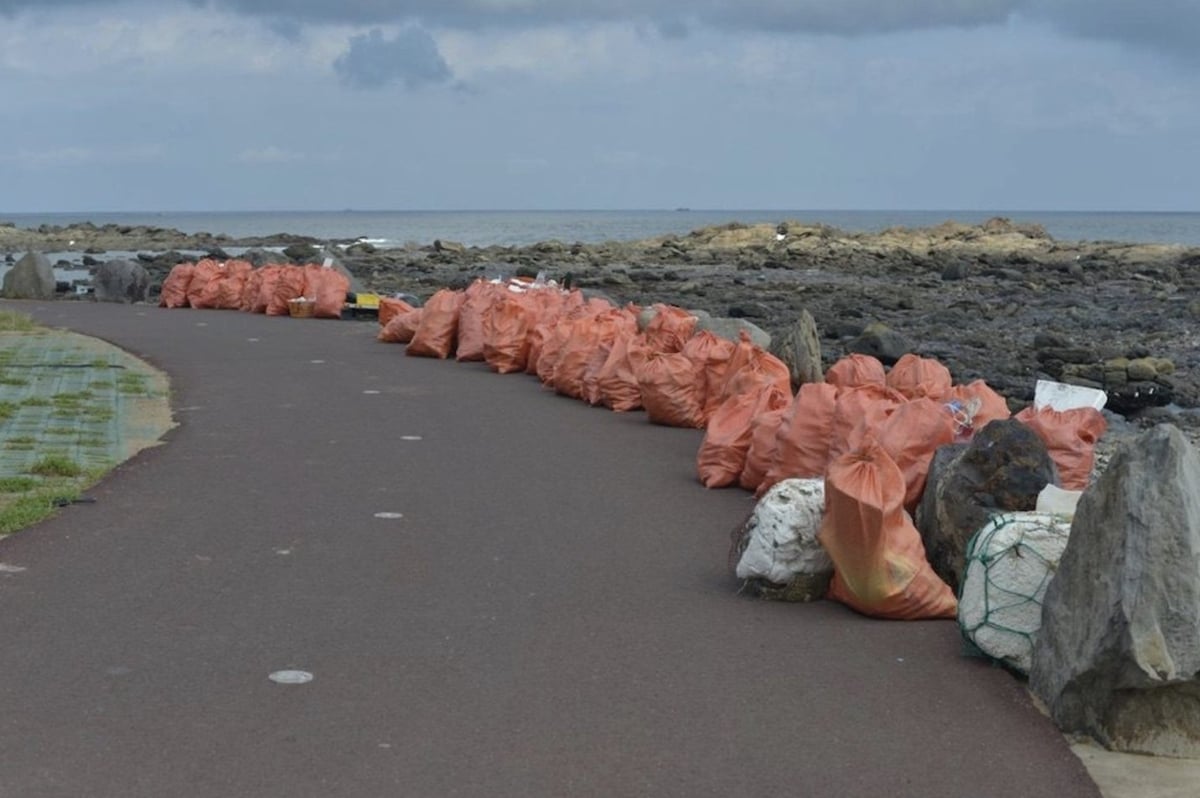
The anti-plastic pollution campaign on Jeju Island requires residents to sort waste at the source, contributing to higher recycling rates and promoting reuse. Photo: Plastic Pollution Coalition.
"World Environment Day 2025 will mark a pivotal milestone in global environmental protection, as we expect to finalize the Global Plastics Treaty. As the host country, South Korea is committed to leading international efforts to end plastic pollution," said South Korean Environment Minister Han Wha-jin.
This is the second time South Korea has hosted World Environment Day, the first being in 1997 with the theme "For Life on Earth."
Over the past three decades, South Korea has made significant progress in improving air and water quality, ensuring chemical safety, and protecting and restoring ecosystems. Thanks to its long-standing experience in implementing the Extended Producer Responsibility system, the country is now at the forefront of global efforts to tackle plastic pollution.
South Korea is implementing a full life-cycle plastic management strategy, covering the stages of production, design, consumption, reuse, and recycling. This strategy mobilizes coordinated participation from the government, businesses, and consumers to transform how plastic is produced and used. By minimizing waste at its source, expanding recycling efforts, and promoting a circular economy model, South Korea is taking bold actions toward a sustainable, plastic pollution-free future.
Notably, in 2024, South Korea also hosted the fifth session of the Intergovernmental Negotiating Committee (INC-5) on developing a global agreement on plastic pollution. While some progress was made, the session did not reach a final consensus. Member states agreed to resume negotiations at INC-5.2, which is scheduled to take place in August 2025 in Geneva, Switzerland.
"Strong partnerships and sustained cooperation are the foundation of multilateralism in environmental action. UNEP commends South Korea for hosting World Environment Day 2025, advancing the shared goal of ending global plastic pollution," emphasized Inger Andersen, Executive Director of the United Nations Environment Programme (UNEP).
Translated by Phuong Linh
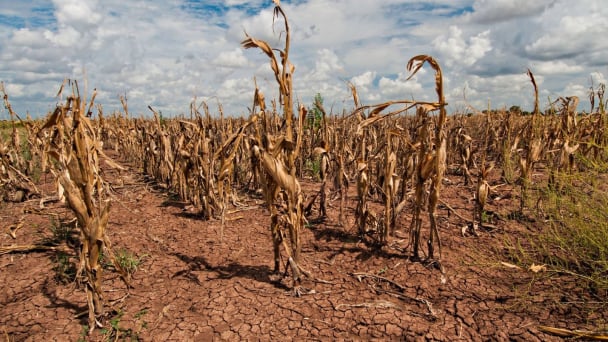
(VAN) As climate whiplash reshapes yields, experts say data-driven tools and targeted relief are critical to feed America.
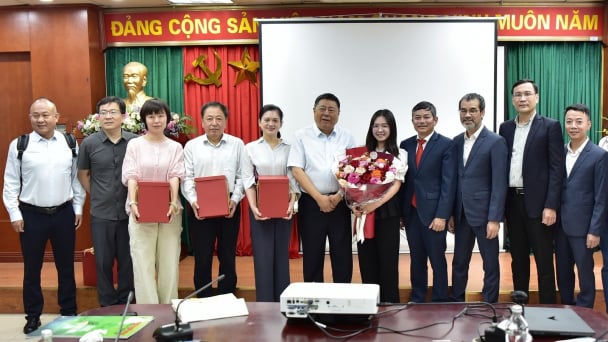
(VAN) The alignment in goals and operational direction between the Vietnam Agriculture and Nature Newspaper and Shaanxi Daily opens up promising prospects for journalism and media cooperation.
/2025/05/26/3422-3-102748_432.jpg)
(VAN) Prime Minister Pham Minh Chinh has been honored as the Distinguished ASEAN Leader at the ASEAN Leadership and Partnership Forum (ALPF) 2025 held in Malaysia, affirming Vietnam’s role and reputation.
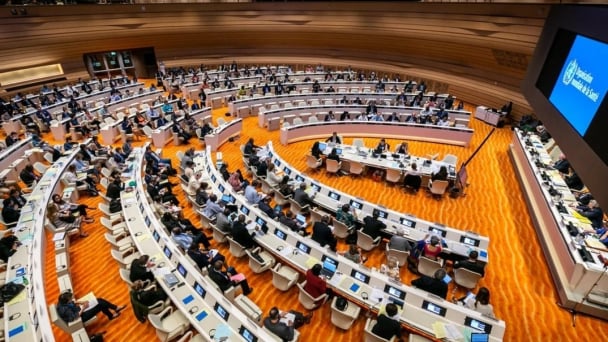
(VAN) At WHA78, with health placed at the heart of the global climate storm, Viet Nam enters a new commitment to protect communities from increasingly severe risks.
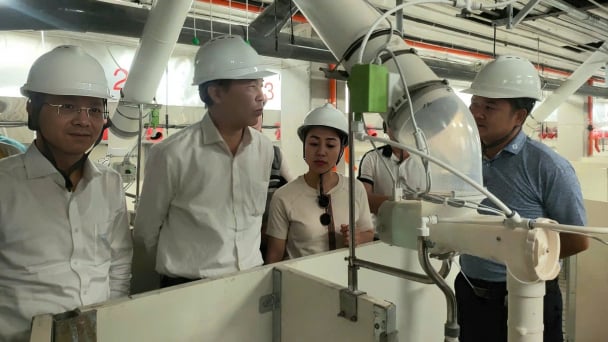
(VAN) Despite investment costs being 1.5 to 1.8 times higher than conventional methods, multi-story pig farming demonstrates outstanding effectiveness, increasing land-use efficiency by 4 to 10 times.
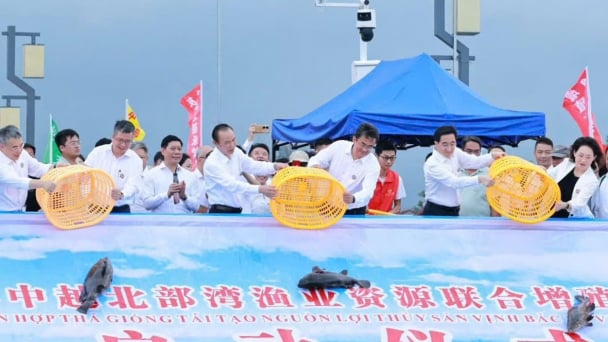
(VAN) Deputy Minister of Agriculture and Environment Phung Duc Tien leads a working delegation to participate in several key activities in China aimed at promoting agricultural and fisheries cooperation.